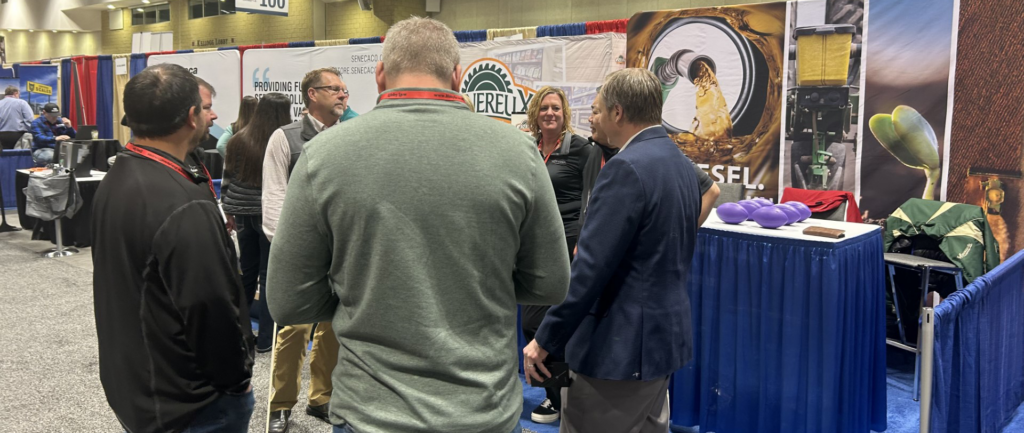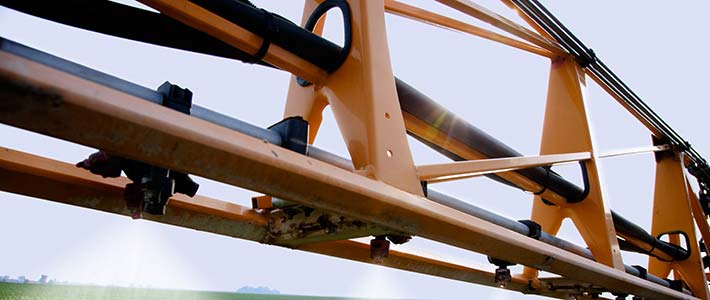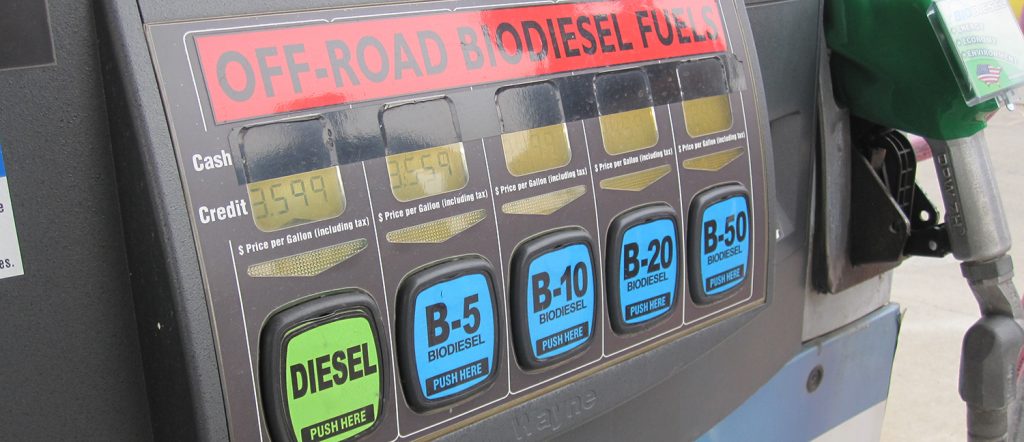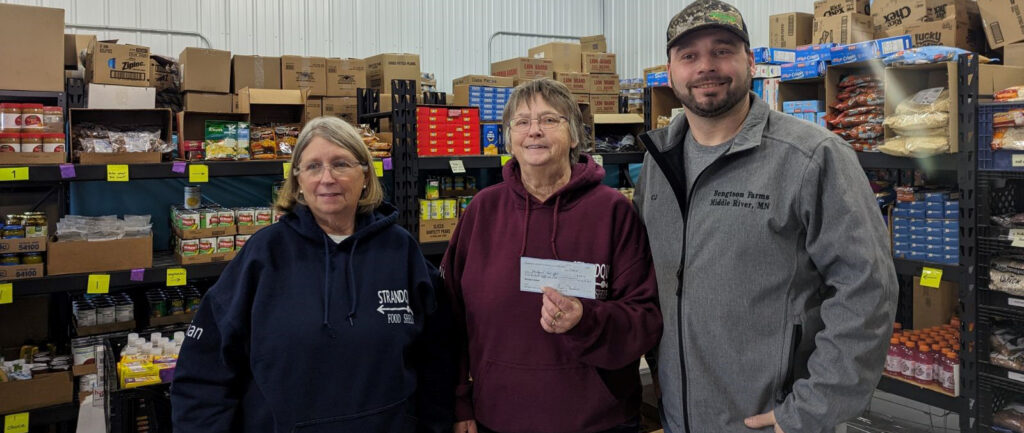Voyageurs National Park in Minnesota runs biodiesel blends of up to B20 year-round, despite temperatures that fall to an average low of minus 7 degrees.
Voyageurs National Park operates pickup trucks, a large snow groomer, a dump truck, and a skid steer on biodiesel blends throughout the winter. Bill Carlson, who is responsible for the park’s fleet, equipment, campsites and trails, has run B20 in temperatures as low as 30 degrees Fahrenheit below zero, according to a case study by Renewable Energy Group (REG), which produces biodiesel used by the park.
“You just have to make sure you have a proper winter additive, same as with petroleum diesel,” he said. “We haven’t had any issues at all.”
Carlson was warned of the opposite — that the fuel would gel, vehicles would stall, engine performance would suffer —when the park first started using biodiesel in 2000 to meet environmental goals. Instead, the park started at a B20 blend right away and the only issue was changing filters earlier than normal at first because biodiesel was cleaning out the systems. Also, no vehicle modifications or infrastructure changes were needed.
“Our shop guys were expecting worse because you hear all the horror stories,” Carlson said. “We were also warned about a loss of power. We use a Ford F-450 to pull a 1,000-gallon sewage pumper around. We thought if anything would notice a loss in power, it’d be that. But the driver couldn’t tell any difference.”
When the weather is nicer, the park’s barge and a tourist boat also run on biodiesel blends. Voyageurs National Park is known for its water resources, with the landscape having been carved out by glaciers and now dominated by four large lakes.
The barge, powered by twin Mercury diesel engines, used to billow heavy smoke for several minutes while warming up in cooler temperatures. That’s been cut to a negligible amount with biodiesel blends.
“We were surprised,” Carlson says. “That’s good for the environment, for the crew and for park visitors.”
Protecting the environment is the top priority in every decision the park makes, according to Carlson. Biodiesel supports that, and the park doesn’t have to sacrifice performance to achieve its sustainability goals.







